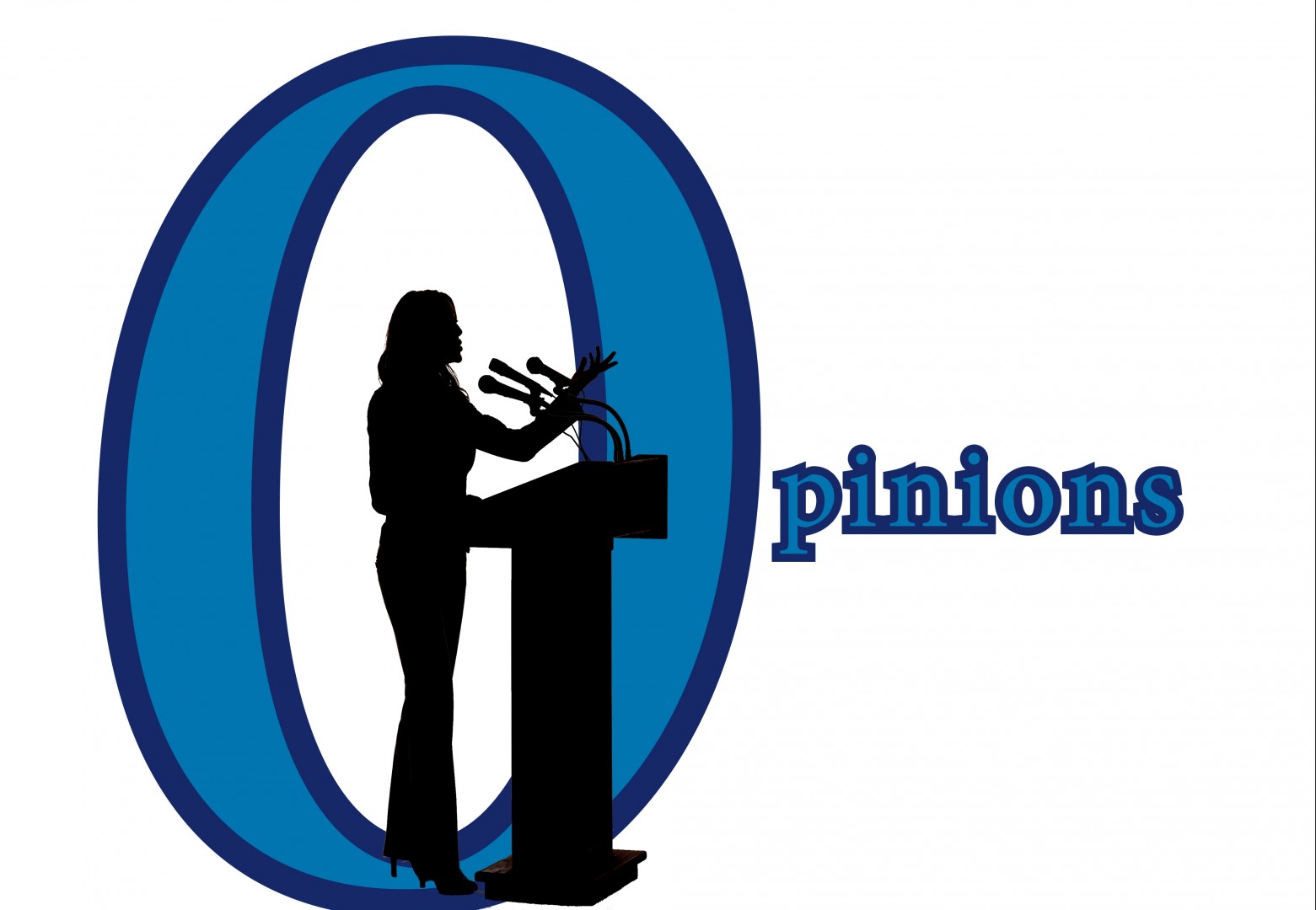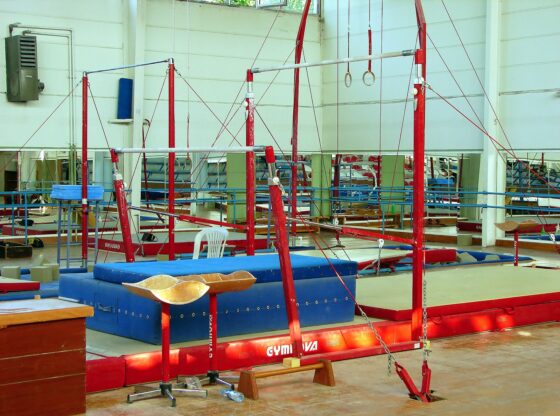On April 16, I had a pretty normal Monday – struggled out of bed, blindly made coffee and unlocked my bike to ride to my 8 a.m. class. I was barely fully awake when I was hit by a car pulling out of the Bruegger’s Bagels parking lot at roughly 15 mph.
I could go into detail about the agony of hearing my own femur snap, of the anger I felt when the driver did not take off his sunglasses or bend down and speak to me or the panic that washed over me when my roommates, sound asleep in their beds, didn’t answer my phone calls. But this isn’t a story about me. It’s about Masoud.
Masoud Bahramisharif was a 24-year-old Ph.D. student, originally from Iran, studying electrical engineering and working as a researcher at DU. While I didn’t know him personally, I think I would have liked to. On April 20, he posted an image on his Facebook which reads, “Life is short – there is no time to leave important words unsaid.”
If you’ve had a near-death experience, or even been close to someone who has died, these words probably ring true for you. I know for me that when you see your life flash before your eyes, be it on your deathbed in old age or just on your way to an undergrad painting class, it changes you. You think about your true friends, the last time you called them your parents and mostly if the people you care about know it. You wonder if they will ever know how badly you want them there with you in that isolated moment.
The more recent tragedy involving Masoud got me thinking about how common these pedestrian accidents are. My findings were terrifying.
According to the annual National Pedestrian Crash Report issued by the National Highway Traffic Safety Administration, 13 pedestrians die after being struck by cars every day. That’s one life lost every 107 minutes, if you were curious. The three-hour time frame between 6 and 9 p.m. is the most likely time an incident of this nature will occur. Twelve percent of all car accident deaths in the U.S. annually are pedestrians, many of whom are innocent bystanders. Even more disturbing is that one in five of these cases is a hit-and-run. Does that mean that one in five of us is a coward? One in five would leave an innocent stranger to die? It’s despicable.
Part of my physical therapy post accident involves swimming. I swam today, in the middle lap lane. On my left was a group of kindergarteners, preparing for their first swim lesson. On my right were two more lap lanes, an elderly man and woman slowly but surely paddling away in each. If we are lucky, we spend time in all three of these lanes in our life. God or whatever it is that’s willing, we get a nice long life full of laughs and mistakes and human encounters. But even if we are that fortunate, I think it’s important to recognize that we might not be, and that even the people crossing the street right next to us might not be.
Upon being discharged from the hospital, life returned to normal for most of my friends and teachers, but not for me. I was alive and well, and lucky to be according to several doctors. I knew my life was a miracle, but I still felt utterly alone in the trauma that I kept reliving in my mind. A close friend, who himself had a brush with death last year, was a great comfort, telling me, “People don’t know how to relate to an accident like this because it is so far off their radar.”
Maybe that’s true. Maybe no one close to you has ever died. Maybe you’ve never been hit by a car, or been deathly ill, or wondered if you were going to make it through the night. But this has to, needs to be and must be on our radar. It could have been you, me, someone we know or someone you love and didn’t get to tell. Maybe you didn’t know Masoud, but he’s another someone you would have smiled at and held the door for.
In the past two months, Masoud and I were both struck by moving cars within one block of each other. This year alone, 120,000 people will be hit by cars while walking, running or riding their bikes. Many of them will not be as lucky as I was.
I wish I could put a sign that says “Slow down – your neighbors” (a la Modern Family) all over this neighborhood. Not just for drivers to see but for walkers and bikers and joggers as well. Life is a fast moving game, and we forget so easily in the thrill of our prime college years that it is never guaranteed. We are all rushing so quickly from one thing to the next, taking for granted the human lives we encounter that don’t necessarily cross paths with our own.
We should all be upset about this hit-and-run, whether we knew Masoud or not. He is one of us, and now he is gone. I could harp on bike safety, or the place in hell that’s reserved for drivers of hit-and-runs, but accidents will always happen, regardless of how safe we are. I wouldn’t say my words are a call to action, or advice or even wise. But I do think that acknowledging the impermanence of human life is more difficult than we expect it to be as college kids. Nothing is promised or owed to us by fate.
We operate in a university where it becomes both easy and acceptable to get wrapped up in ourselves, in our own doings and accomplishments, our own trials and happenings. While this tragic accident didn’t individually impact many of us, I do hope that even with whatever battles we’re currently fighting in our own lives, that our community will recognize that life is short and there is no time to leave important words unsaid.











